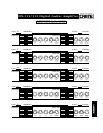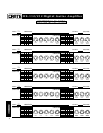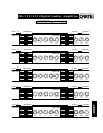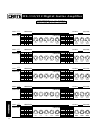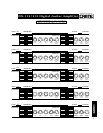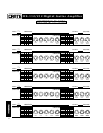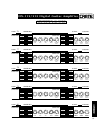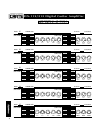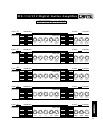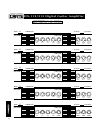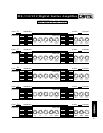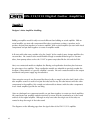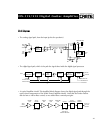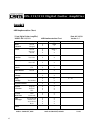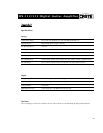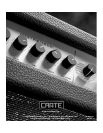
43
DX-112/212 Digital Guitar Amplifier
Designer’s Note: Amplifier Modeling:
Building an amplifier model is really not much different than building an actual amplifier. With an
actual amplifier you start with components like tubes, transformers, resistors, capacitors, and a
speaker, and put them together to create an amplifier. With a virtual amplifier you start with virtual
components and put them together to create an amplifier model.
It all starts with what many consider to be the "magic" in the sound of many vintage amplifiers: the
vacuum tube. We created a tube model flexible enough to emulate different types of vacuum
tubes, from preamp tubes such as the 12AX7 to power amp tubes like the 6L6 and the EL84.
Next, we constructed models to duplicate the filtering and equalization that takes place between
the gain stages of an amplifier. These equalization models are adaptable to precisely emulate the
frequency characteristics of a specific amplifier’s controls. We even created models for the output
transformer and power supply sag characteristics.
After extensive research, we discovered that there's really no magic in the tube itself. Much of the
tube amplifier sound is a result of not just the tube, but the way the tube interacts with the other
components in the amplifier. We created our tube models to interact with the other components
in our virtual amplifiers, just like the real thing.
After we developed our component models, we put them together to create our virtual amplifiers.
We sound tested our amplifier models extensively to ensure that they remained true to the sound
and feel of the original amplifier. Although we may have taken the magic out of the tube, we
wanted to keep the magic of the tube sound.
The diagrams on the following page show the signal chain of the DX-112/212 amplifier.
AAppppeennddiixx AA



